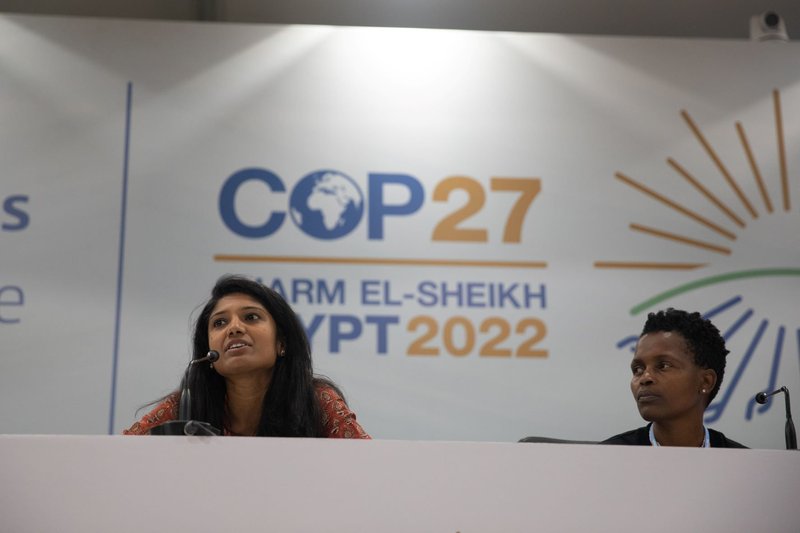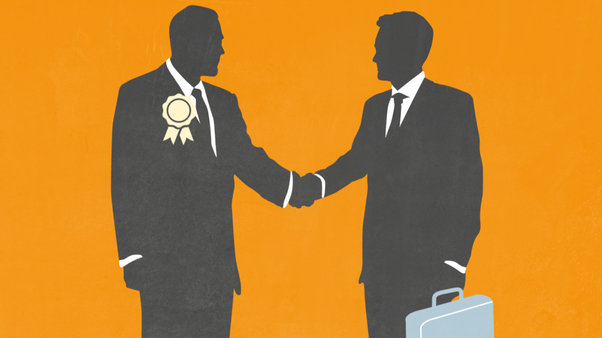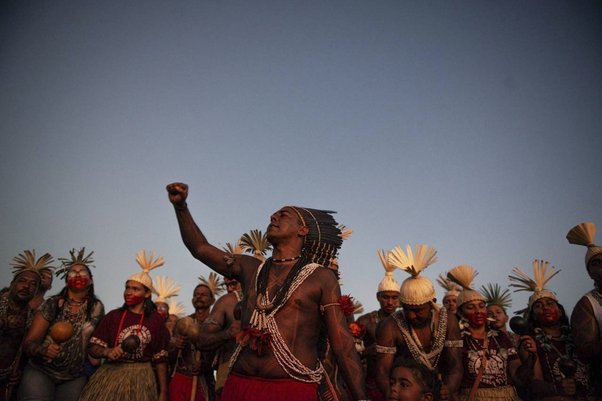The climate crisis is a human rights crisis, yet there was strong pushback at COP27 to recognise a human rights approach to climate action
In February 2022, the IPCC published a new report with a bleak warning that “any further delay in concerted anticipatory global action … will miss a brief and rapidly closing window of opportunity to secure a liveable and sustainable future for all.”
In other words, the world is on fire and countless lives are at stake, of both present as well as future generations.
Land and environmental defenders are not only suffering from the devastation of climate change; but as the climate crisis has worsened so has the violence that they have faced. Around the world, environmental defenders on the frontlines of this crisis are increasingly targeted with violence, harassment, and criminalization. This year we reported that a land and environmental defender has been killed every two days on average since 2012. Since the Paris Agreement was adopted in 2015, at least 1,213 defenders have been killed.
Most of these attacks are related to land conflicts involving climate-damaging industries – from logging to large-scale agribusinesses to mining. Nearly all these attacks are taking place in the Global South, and yet it is companies in the Global North who are ultimately driving or benefiting from this violence. Consumer demand for raw materials and commodities is fuelling unsustainable exploitation of natural resources, often at the expense of Indigenous and local communities.
For example, we recently published an investigation exposing the human cost of palm oil plantations in Pará, Brazil – much of which used to be Amazonian rainforest – specifically naming major American and European companies who are buying palm oil linked with violence, torture, and other forms of attacks. These human rights abuses are being inflicted on Indigenous and traditional communities.
Our annual reporting on attacks against land and environmental defenders has shown that Indigenous communities face a disproportionate number of attacks, despite making up only 5% of the world’s population. They have an important role to play as guardians of the world’s last remaining forests, who are often on the frontlines of the biodiversity and climate crises, going up against powerful corporate interests and repressive government regimes. In 2021, over 40% of all fatal attacks against defenders targeted Indigenous people and nearly two-thirds of women defenders killed were Indigenous.
The COP27 UN climate summit took place last month in Sharm-El-Sheikh, Egypt, and could have been an important opportunity for world governments to take urgent action to defend the defenders on the frontlines of the climate crisis. Yet they failed to do so. However it was encouraging to see UN Secretary General Antonio Guterres recognising the role of defenders in his COP27 opening speech and the Prime Minister of Norway calling for a moment of silence to commemorate the deaths of defenders specifically citing our annual report published a few weeks ago.
We also welcomed the EU Parliamentary resolution on COP27 specifically referencing our land and environmental defenders report and calling for strong corporate accountability legislation to protect land and environmental defenders and for Parties at COP27 to ensure that implementation of the Paris Agreement aligns with existing international human rights obligations and standards applicable to business operations.
Reflections from COP27: Lack of action for land & environmental defenders

“COP27 in Egypt was my very first COP… 26 have passed before this, but I may not have missed much as meaningful decision-making at the COPs takes place with baby steps at snail’s pace. This is despite the fact that the world’s finest scientific minds are providing the evidence for decision-making through the IPCC; governments send their top negotiators each year to develop effective policies; experienced civil society actors and communities impacted by climate change are recommending solutions; and the world’s media from almost every corner of the planet is at COP reporting for the millions of people out there trying to make sense out of it all. How then is there a lack of progress??
“Here’s how: you ignore the science; adopt rules which enable the powerful and rich to scupper negotiations, putting the vested interests of a few over humanity’s future; pretend to listen to civil society voices but make decisions based on corporate lobbying; and as for the hundreds of millions out there who are going about their daily lives hoping for a better future - well, they don’t get a say anyway.
“This was evident from my experience at COP27– the whole conference felt like a trade fair / expo (why wouldn’t it when it was flooded by hundreds of fossil fuel lobbyists). The voices of civil society were loud, strong, organised, reasoned and truly incredibly inspiring – however these voices were suppressed and pushed to the side-lines while negotiators made decisions behind closed doors (literally!), exacerbated by a backdrop of serious human rights abuses and repression of civil society protest in the host country Egypt.
“The climate crisis is a human rights crisis, yet there was strong pushback at COP27 to recognise a human rights approach to climate action. While it was encouraging that the right to a clean, healthy, and sustainable environment was formally recognised (despite efforts by many to get rid of it!) and that we are beginning to hear calls for recognising the role of environmental defenders in tackling the climate crisis, COP27 failed to take meaningful action to address the threats faced by defenders, without whom we will fail to achieve climate justice.
“Prior to COP27, we and our partners presented concrete policy recommendations for Parties particularly in relation to the Action for Climate Empowerment (ACE) Action Plan. ACE is a programme of work under the UNFCCC and Paris Agreement dedicated to empowering civil society and enabling public participation in climate action and decision-making. COP27 was critical for making progress on ACE because Parties adopted specific time-bound actions to be undertaken over the next four years.
“While it was disappointing that the final ACE decision adopted at COP27 does not specifically recognise the escalating threats faced by defenders on the frontline of the climate crisis, the decision does call for consideration of the rights of Indigenous and local communities and youth and for more broadly enhancing public participation in climate decision-making.
“2023 will be a critical year for the Paris Agreement, as the “global stocktake” (GST) - a process for assessing the world’s collective progress in implementing the Agreement – will be concluded. Progress under ACE and GST must include meaningful steps to enable defenders to carry out their work safely, and to enable their participation in decision-making at all levels. Parties must respect and promote the safe, meaningful and effective participation of defenders in climate policy and decision-making at the national, regional and international level.”
Moving beyond wordsmithing to urgent action
Over 1,700 land and environment defenders have been killed in the past decade, as a result of standing up for their rights to their land and to a healthy environment. Future climate negotiations must promote just and equitable solutions to climate change that uphold the rights of these critical activists.
27 years have passed since the first COP in Berlin in 1995, and we have moved from a state of “crisis” to a state of “climate emergency”. Mere wordsmithing through clever negotiations is not going to get us out of this – it’s time for long overdue transformative action for people and planet.


